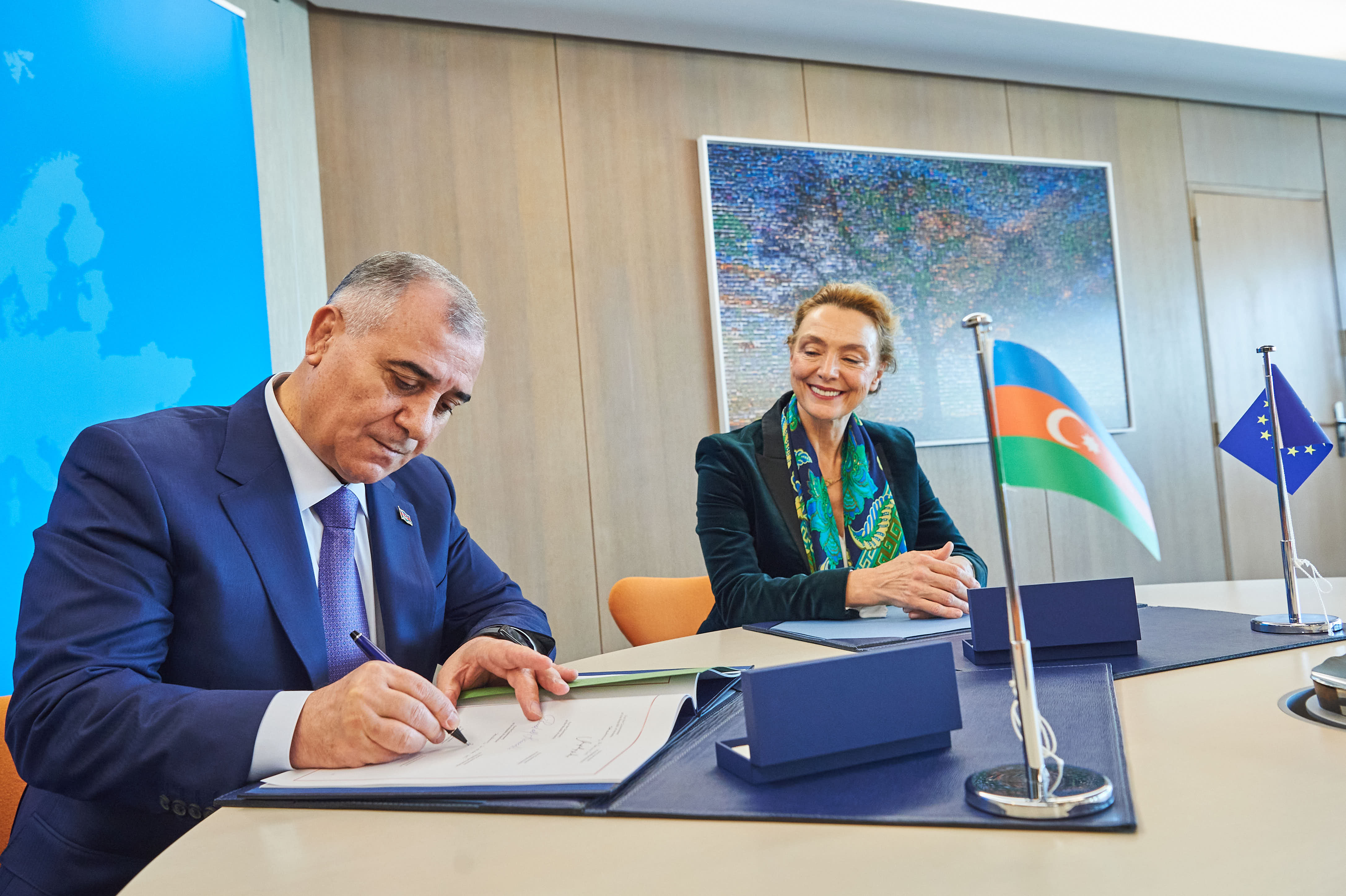Trafficking in human organs is a global problem that violates fundamental freedoms, human rights and human dignity and poses a direct threat to public health, integrity, freedom and often the lives of individuals. It is also often linked to the activities of transnational organised crime groups, which take advantage of the donor's vulnerable situation. Trafficking in human organs is an international problem that requires a response from governments, legislative and health institutions and international organisations.
The Council of Europe's approach to this challenge consists of two interdependent elements:
- the common standards of the Council of Europe Convention against Trafficking in Human Organs, which has been opened for signature in Santiago de Compostela, Spain, in March 2015. It is the most and only relevant international criminal justice treaty to combat this crime
- the Committee of the Parties (CoP), made up of representatives of the Parties to the Santiago de Compostela Convention and responsible for assessing the proper implementation of the Convention, preparing guidance notes and facilitating cooperation between the Parties.



